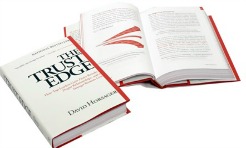
How to Prevent the Consequences of Poor Leadership Development
In Millennials Matter: Proven Strategies for Building Your Next-Gen Leader, I include an entire chapter on the importance of being trustworthy as a leadership development skill. Being trustworthy and keeping our word is vital for a leader who strives to make a positive impact over the long haul.
As many of us have observed and/or lived first handed, the consequences of a poor leader whom you can’t trust are profound.
Therefore, it is with great sadness that I recently read of a decision that the U.S. government made in 2013, where they give themselves permission to lie to the American people. What!!??
I’m curious to know if you’re as sad and outraged as I am.
To set the stage, here are some key excerpts from the Millennials Matter chapter, Trustworthiness: Leading with Compelling Integrity.
My go-to expert on trust in any business climate is a speaker and best-selling author, David Horsager. I know David personally, and he is a person who lives what he talks about. This word of wisdom from his book, The Trust Edge, is relevant to our conversation. “The single uniqueness of the greatest leaders and organizations of all time is trust.”
Sometimes we find that prominent leaders set high standards for others but are not trustworthy themselves when faced with moral or ethical challenges. Some of it makes the news wires and some of it happens out of the limelight.
Albert Einstein said, “Whoever is careless with the truth in small matters cannot be trusted with important matters.” So, how can you help your upcoming leader to grow their leadership capacity to become even more valuable in growing both themselves and your company?
These characteristics of a trusted resource, are adapted from The Trusted Advisor, by Maister, Green, and Galford.
Trusted People…
- Are consistent and dependable
- Can be relied on to tell us the truth
- Are on our side and always seem to have our best interest at heart
- Are always honorable in words and actions
- Act like a real person, not someone in a role
- Give us latitude to think not just give us their conclusions
- Challenge our assumptions to help us uncover our false assumptions
- Are motivated to always do the right thing
- Are constantly finding new ways to be of greater service
- Are committed to doing the next right thing
The long-term value of trust is important. It cannot be built overnight. Trustworthiness is earned over time, by demonstrating that your daily actions, both personally and professionally, align with your words. Therefore, you are worthy of being trusted by others, especially when facing moral and ethical challenges. It’s built on the virtues of justice, fortitude, temperance, and love.
So, this brings me to the article that makes me sad and angry at the same time. And it makes me wonder how much trust Americans still have in those that lead them.
US Repeals Propaganda Ban Spread Government Made News to Americans
By John Hudson
JULY 14, 2013, 7:06 PM
For decades, a so-called anti-propaganda law prevented the U.S. government’s mammoth broadcasting arm from delivering programming to American audiences. But on July 2, that came silently to an end with the implementation of a new reform passed in January. The result: an unleashing of thousands of hours per week of government-funded radio and TV programs for domestic U.S. consumption in a reform initially criticized as a green light for U.S. domestic propaganda efforts. So what just happened?
Until this month, a vast ocean of U.S. programming produced by the Broadcasting Board of Governors such as Voice of America, Radio Free Europe/Radio Liberty, and the Middle East Broadcasting Networks could only be viewed or listened to at broadcast quality in foreign countries. The programming varies in tone and quality, but its breadth is vast: It’s viewed in more than 100 countries in 61 languages. The topics covered include human rights abuses in Iran, self-immolation in Tibet, human trafficking across Asia, and on-the-ground reporting in Egypt and Iraq.
The restriction of these broadcasts was due to the Smith-Mundt Act, a long-standing piece of legislation that has been amended numerous times over the years, perhaps most consequentially by Arkansas Senator J. William Fulbright. In the 1970s, Fulbright was no friend of VOA and Radio Free Europe, and moved to restrict them from domestic distribution, saying they “should be given the opportunity to take their rightful place in the graveyard of Cold War relics.” Fulbright’s amendment to Smith-Mundt was bolstered in 1985 by Nebraska Senator Edward Zorinsky, who argued that such “propaganda” should be kept out of America so as to distinguish the U.S. “from the Soviet Union where domestic propaganda is a principal government activity.”
Zorinsky and Fulbright sold their amendments on sensible rhetoric: American taxpayers shouldn’t be funding propaganda for American audiences. So did Congress just tear down the American public’s last defense against domestic propaganda?
BBG spokeswoman, Lynne Weil, insists BBG is not a propaganda outlet, and its flagship services such as VOA “present fair and accurate news.”
“They don’t shy away from stories that don’t shed the best light on the United States,” she told The Cable. She pointed to the charters of VOA and RFE: “Our journalists provide what many people cannot get locally: uncensored news, responsible discussion, and open debate.”
A former U.S. government source with knowledge of the BBG says the organization is no Pravda, but it does advance U.S. interests in more subtle ways. In Somalia, for instance, VOA serves as counterprogramming to outlets peddling anti-American or jihadist sentiment. “Somalis have three options for news,” the source said, “word of mouth, al-Shabab, or VOA Somalia.”
This partially explains the push to allow BBG broadcasts on local radio stations in the United States. The agency
Lynne added that the reform has a transparency benefit as well. “Now Americans will be able to know more about what they are paying for with their tax dollars — greater transparency is a win-win for all involved,” she said. And so with that, we have the Smith-Mundt Modernization Act of 2012, which passed as part of the 2013 National Defense Authorization Act, and went into effect this month.
But if anyone needed a reminder of the dangers of domestic propaganda efforts, the past 12 months provided ample reasons. Last year, two USA Today journalists were ensnared in a propaganda campaign after reporting about millions of dollars in back taxes owed by the Pentagon’s top propaganda contractor in Afghanistan. Eventually, one of the co-owners of the firm confessed to creating phony websites and Twitter accounts to smear the journalists anonymously. Additionally, just this month, the Washington Post exposed a counter-propaganda program by the Pentagon that recommended posting comments on a U.S. website run by a Somali expat with readers opposing al-Shabab. “Today, the military is more focused on manipulating news and commentary on the Internet, especially social media, by posting material and images without necessarily claiming ownership,” reported the Post.
But for BBG officials, the references to Pentagon propaganda efforts are nauseating, particularly because the Smith-Mundt Act never had anything to do with regulating the Pentagon, a fact that was misunderstood in media reports in the run-up to the passage of new Smith-Mundt reforms in January.
One example included a report by the late BuzzFeed reporter Michael Hastings, who suggested that the Smith-Mundt Modernization Act would open the door to Pentagon propaganda of U.S. audiences. In fact, as amended in 1987, the act only covers portions of the State Department engaged in public diplomacy abroad (i.e. the public diplomacy section of the “R” bureau, and the Broadcasting Board of Governors.)
But the news circulated regardless, much to the displeasure of Rep. Mac Thornberry (R-TX), a sponsor of the Smith-Mundt Modernization Act of 2012. “To me, it’s a fascinating case study in how one blogger was pretty sloppy, not understanding the issue and then it got picked up by Politico‘s Playbook, and you had one level of sloppiness on top of another,” Thornberry told The Cable last May. “And once something sensational gets out there, it just spreads like wildfire.”
That of course doesn’t leave the BBG off the hook if its content smacks of agitprop. But now that its materials are allowed to be broadcast by local radio stations and TV networks, they won’t be a complete mystery to Americans. “Previously, the legislation had the effect of clouding and hiding this stuff,” the former U.S. official told The Cable. “Now we’ll have a better sense: Gee some of this stuff is really good. Or gee some of this stuff is really bad. At least we’ll know now.”
My Closing Comments
In my experience, and based on the research by top experts, being trustworthy is vital to a leader who strives to make a positive impact over the long haul.

Does this decision that the U.S. made in 2013 where they give themselves permission to lie to the American people, cause you to be sad and angry at the same time also?
I look forward to hearing from you.
Let’s discuss a tailor-made talk to meet your specific needs.
Virtual speaking event? No problem!
Check out my Speaker page HERE.
To schedule, a call contact me at danita@danitabye.com




No Comments